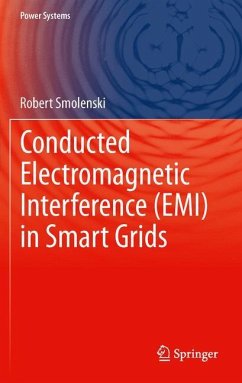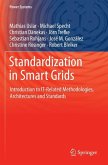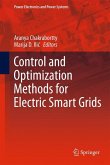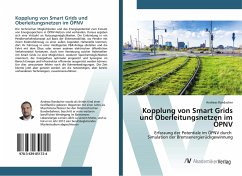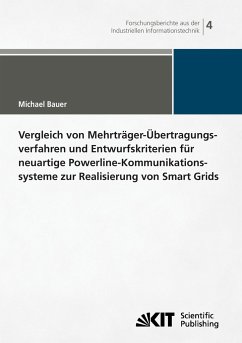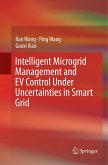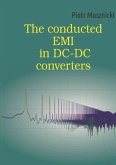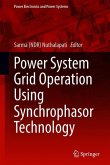As power systems develop to incorporate renewable energy sources, the delivery systems may be disrupted by the changes involved. The grid's technology and management must be developed to form Smart Grids between consumers, suppliers and producers. Conducted Electromagnetic Interference (EMI) in Smart Grids considers the specific side effects related to electromagnetic interference (EMI) generated by the application of these Smart Grids.
Conducted Electromagnetic Interference (EMI) in Smart Grids presents specific EMI conducted phenomena as well as effective methods to filter and handle them once identified. After introduction to Smart Grids, the following sections cover dedicated methods for EMI reduction and potential avenues for future development including chapters dedicated to:
-potential system services,
-descriptions of the EMI spectra shaping methods,
-methods of interference voltage compensation, and theoretical analysis of experimental results.
By focusing on these key aspects, Conducted Electromagnetic Interference (EMI) in Smart Grids provides a concise and comprehensive coverage of an extensive subject matter. It constitutes a key resource for any industry practitioners, researchers or system designers with interest in Smart Grids, particularly their electromagnetic compatibility in the conducted EMI frequency range.
Conducted Electromagnetic Interference (EMI) in Smart Grids presents specific EMI conducted phenomena as well as effective methods to filter and handle them once identified. After introduction to Smart Grids, the following sections cover dedicated methods for EMI reduction and potential avenues for future development including chapters dedicated to:
-potential system services,
-descriptions of the EMI spectra shaping methods,
-methods of interference voltage compensation, and theoretical analysis of experimental results.
By focusing on these key aspects, Conducted Electromagnetic Interference (EMI) in Smart Grids provides a concise and comprehensive coverage of an extensive subject matter. It constitutes a key resource for any industry practitioners, researchers or system designers with interest in Smart Grids, particularly their electromagnetic compatibility in the conducted EMI frequency range.

